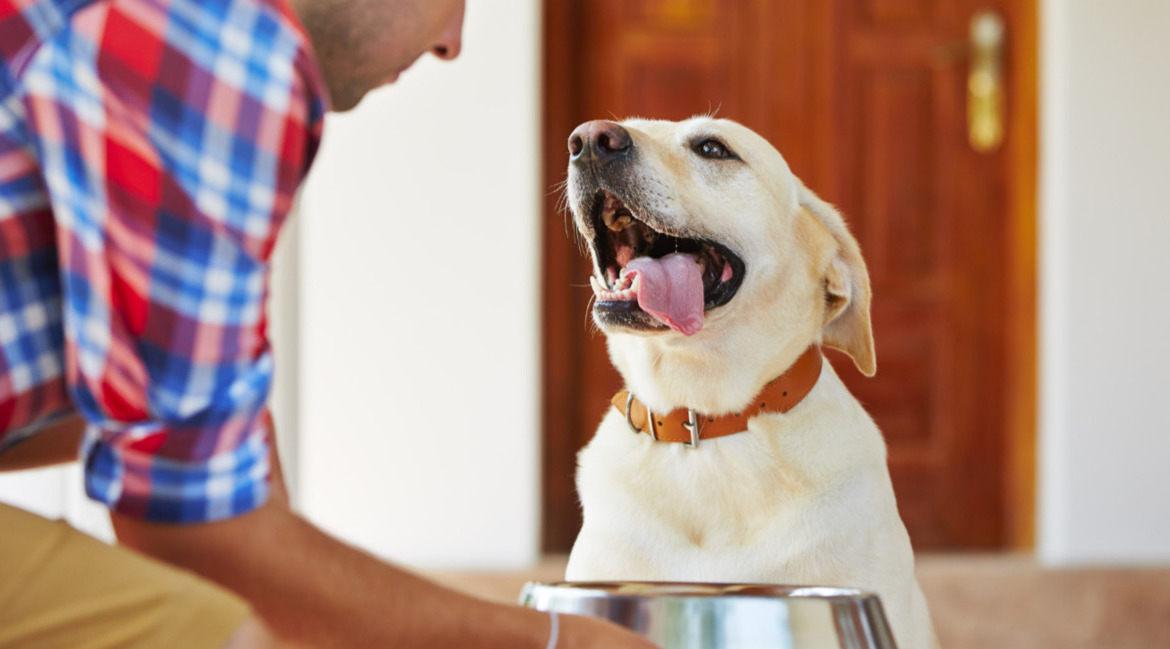Apr 17, 2024, 3:34 PM

Though less common than in humans, pet cavities are a significant health concern for our furry friends. Understanding the causes, prevention, and treatment of pet cavities is crucial for pet owners who wish to ensure their pets live long, healthy lives. In this article, we'll delve into the essentials of pet cavities, with a special focus on dogs, and highlight the role of Oxyfresh products, distributed by Eurovets, in maintaining pet dental health.
Understanding Pet Cavities
Cavities, known medically as caries, are areas of tooth decay where the enamel has been eroded, forming holes that can fill with harmful bacteria. While cavities are a well-known dental issue for humans, affecting nearly 90% of the population, they are much rarer in dogs, with only 5% of canines over the age of one being affected.
The rarity of dog cavities can be attributed to several factors:
- Dog saliva is more alkaline, which helps protect against the acid that causes cavities.
- The shape of dog teeth and their diet, which typically lacks high-acid, processed foods, also play protective roles.
- Dog teeth also have space between them, which helps keep food from getting lodged and leading to rotting.
- Dogs may not get cavities very often, but it's still important to remember that they can get other dental problems, like gum disease, which affects 90% of dogs by the time they're two years old.
Identifying and Managing Cavities in Dogs
Dog cavities are mushy, sticky, and frequently brown to black. They usually develop on the molar teeth's biting surfaces. Regular veterinary exams are crucial because it might be challenging to identify these cavities without a comprehensive dental examination.
The treatment for dog cavities depends on the stage of tooth decay, ranging from simple removal of decayed enamel and dentin in early stages to more complex procedures like root canals or tooth extractions in advanced cases.
Prevention: The Key to Healthy Pet Teeth
Preventing cavities and other dental problems in pets involves several key steps:
- Regular veterinary checkups to catch any dental issues early.
- Avoid foods high in fermentable carbs and sugars.
- Providing chew toys and bones to help clean teeth naturally.
- Implementing a routine of at-home dental care, including brushing your pet's teeth.
Oxyfresh: A Leader in Pet Dental Care
For pet owners looking for an easy and effective way to maintain their dental health, Oxyfresh offers a range of products designed to combat plaque, bad breath, and the risk of cavities and gum disease. One product that stands out is the Oxyfresh Water Additive, a flavorless solution you can add to your pet's water to protect it against daily plaque without brushing it. Using zinc and a unique Oxygene formula, Oxyfresh Water Additive eliminates bacteria that cause foul breath and plaque, making it a simple addition to your pet's dental care regimen.
Conclusion
Taking care of your pet's dental health is one of the most important things you can do to ensure their overall well-being. Understanding the causes and prevention of cavities and incorporating products like Oxyfresh into your pet's dental care routine can help keep your pet healthy and happy for years. With the support of Eurovets, accessing Oxyfresh products has never been easier for pet owners.
